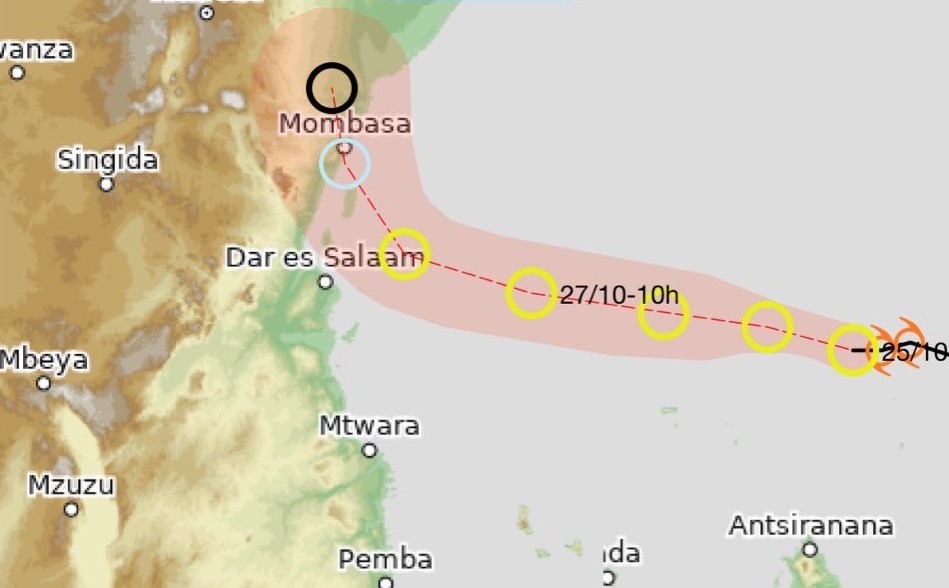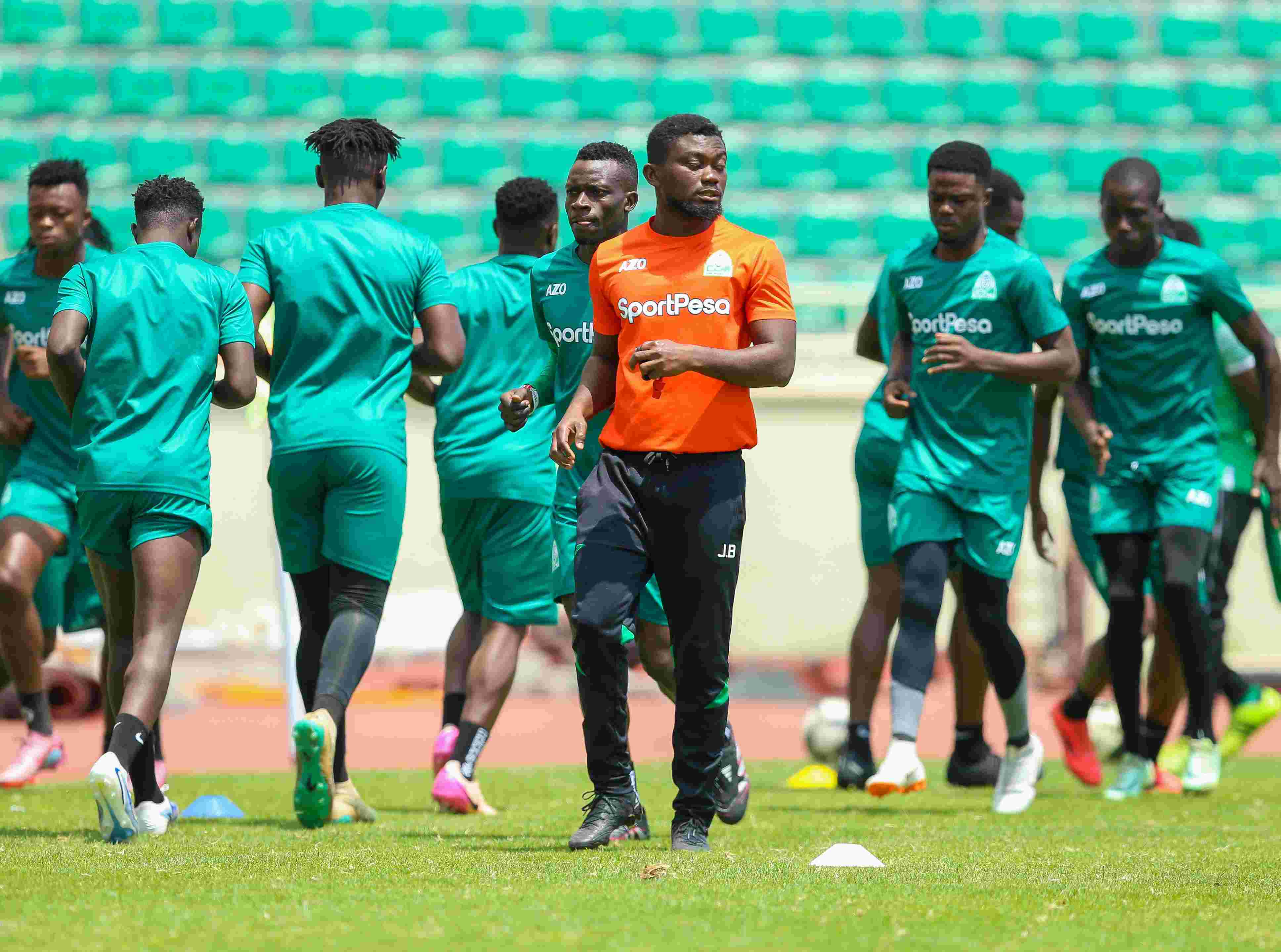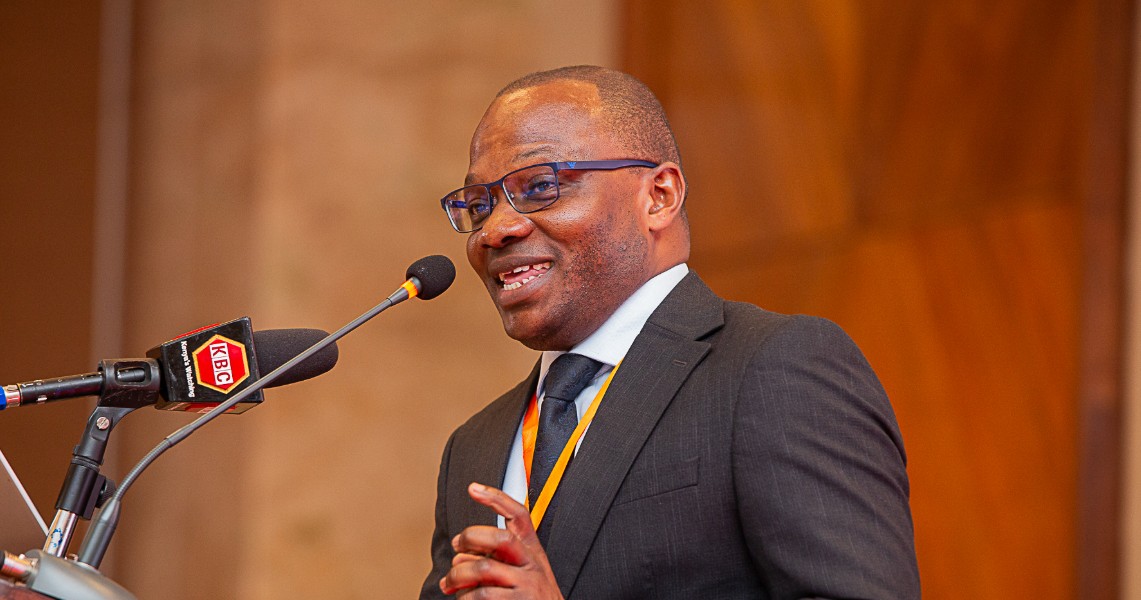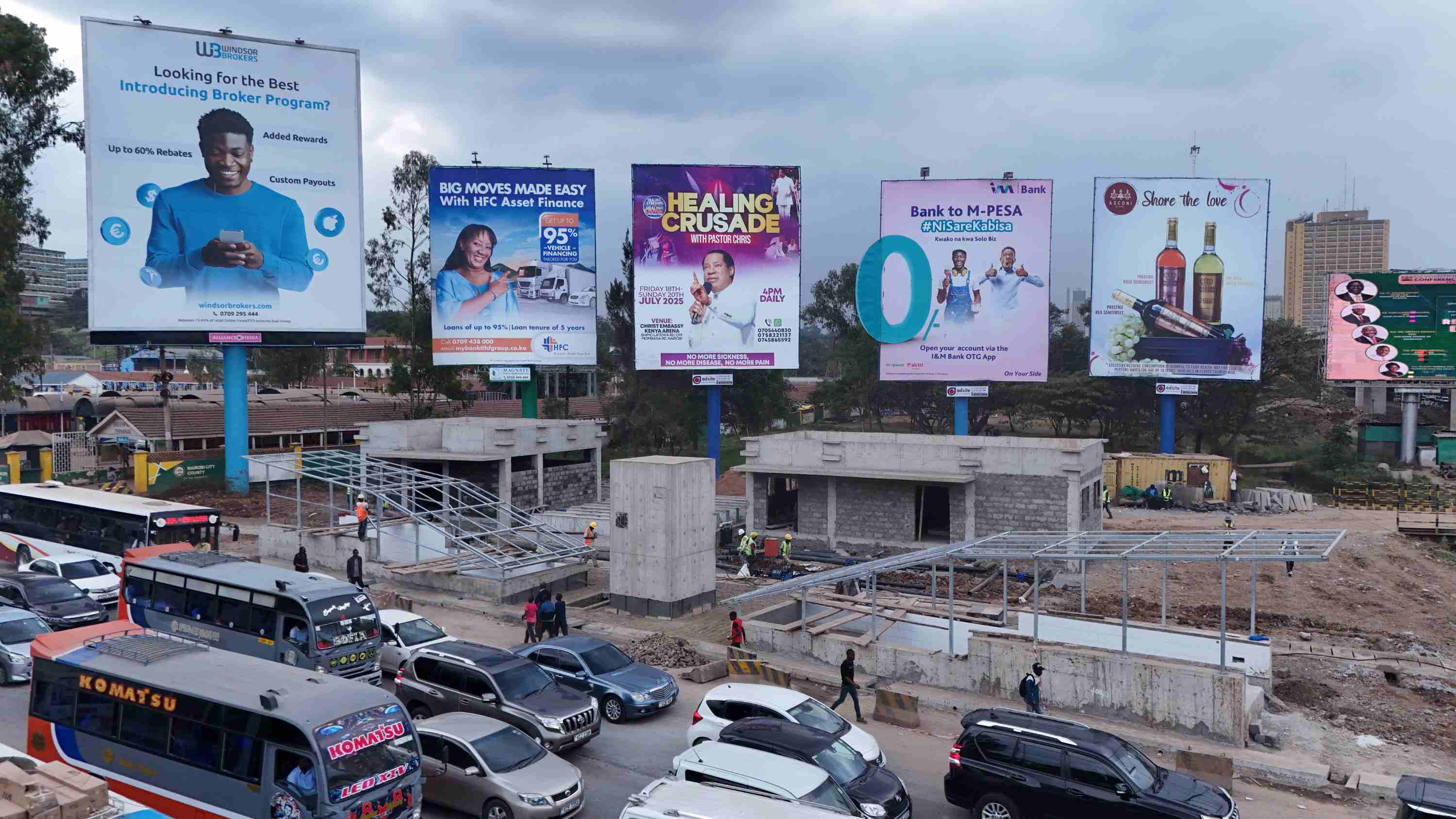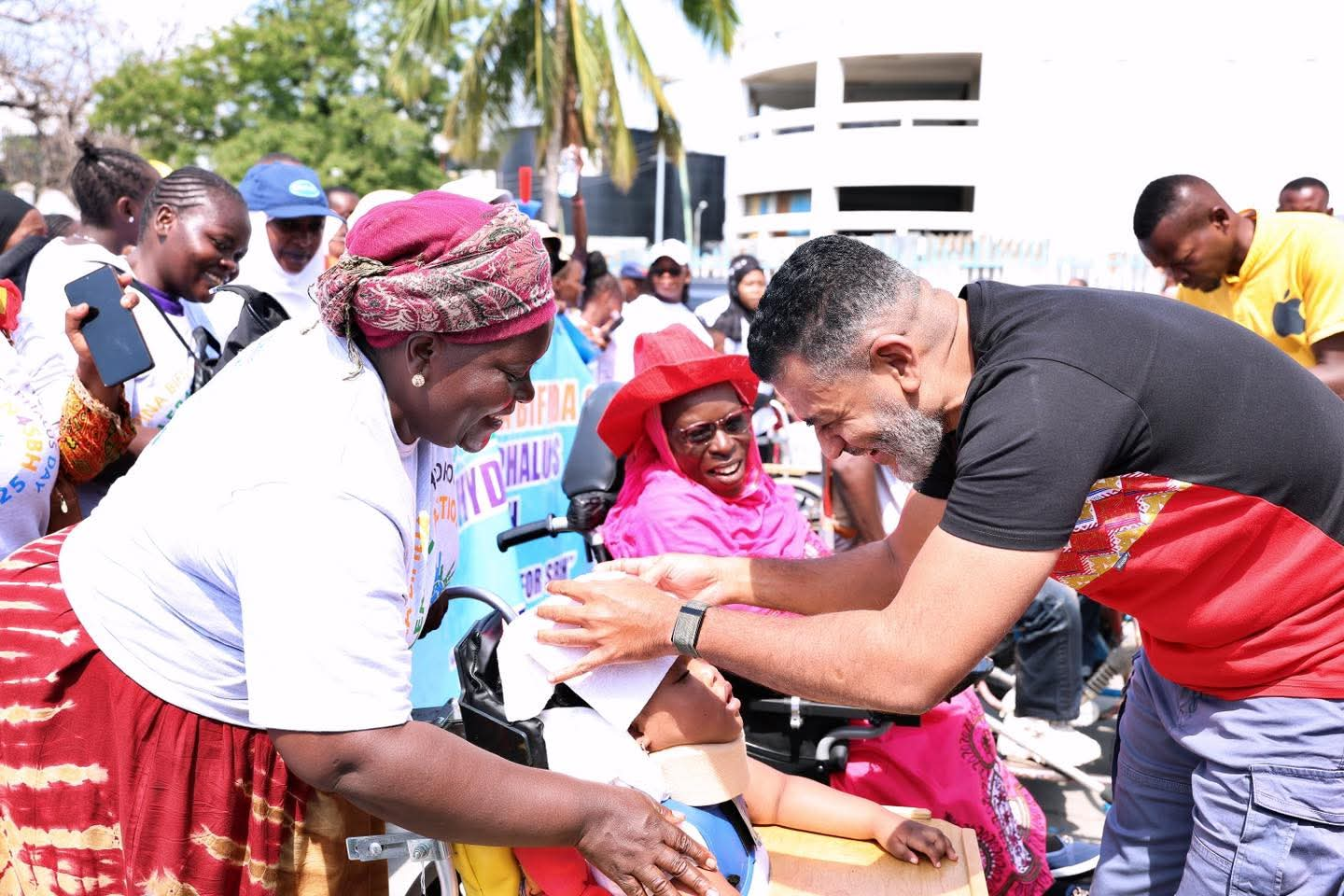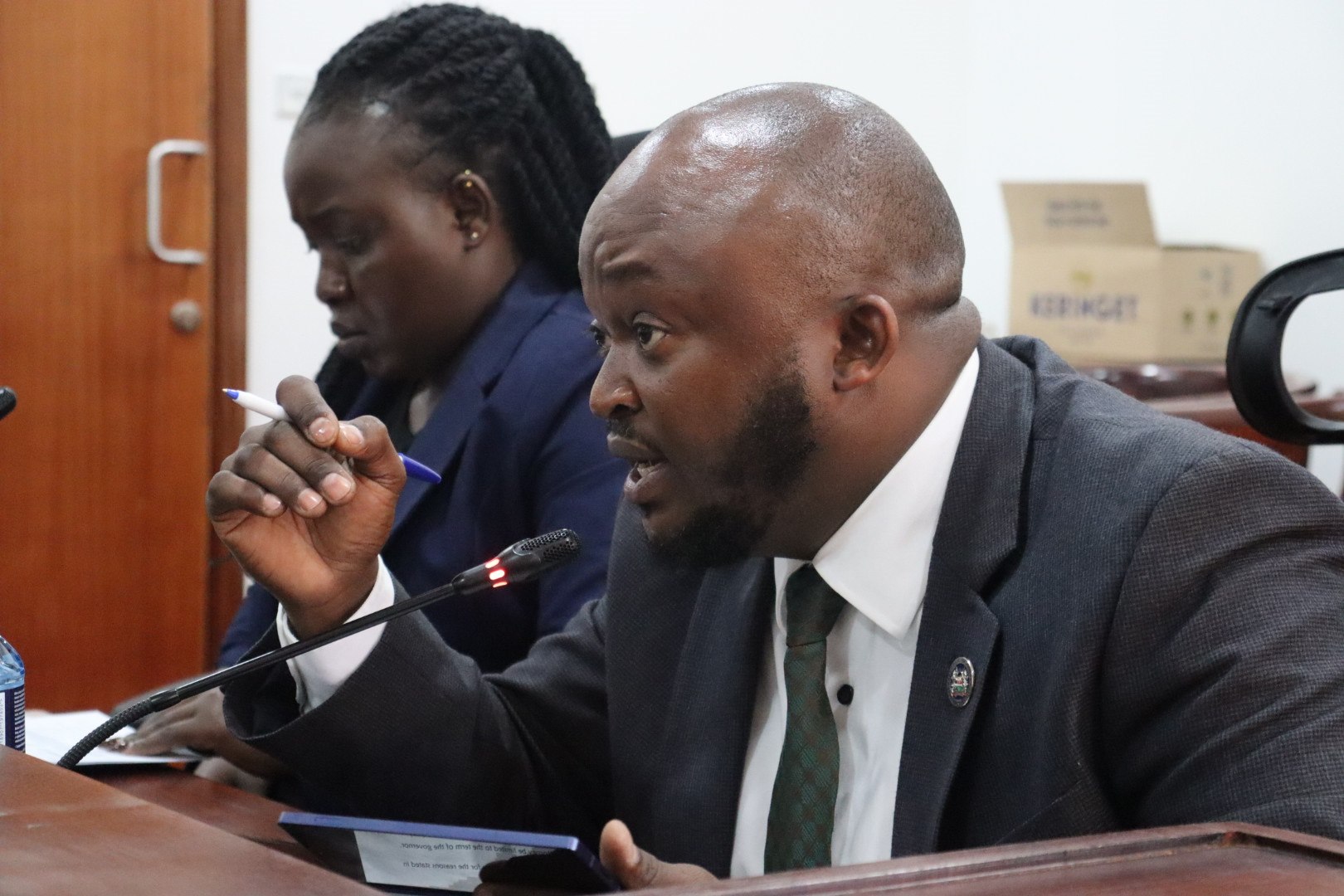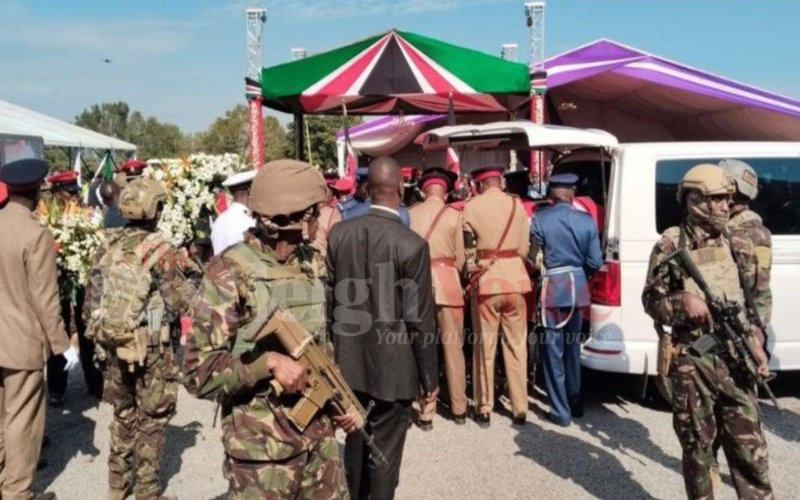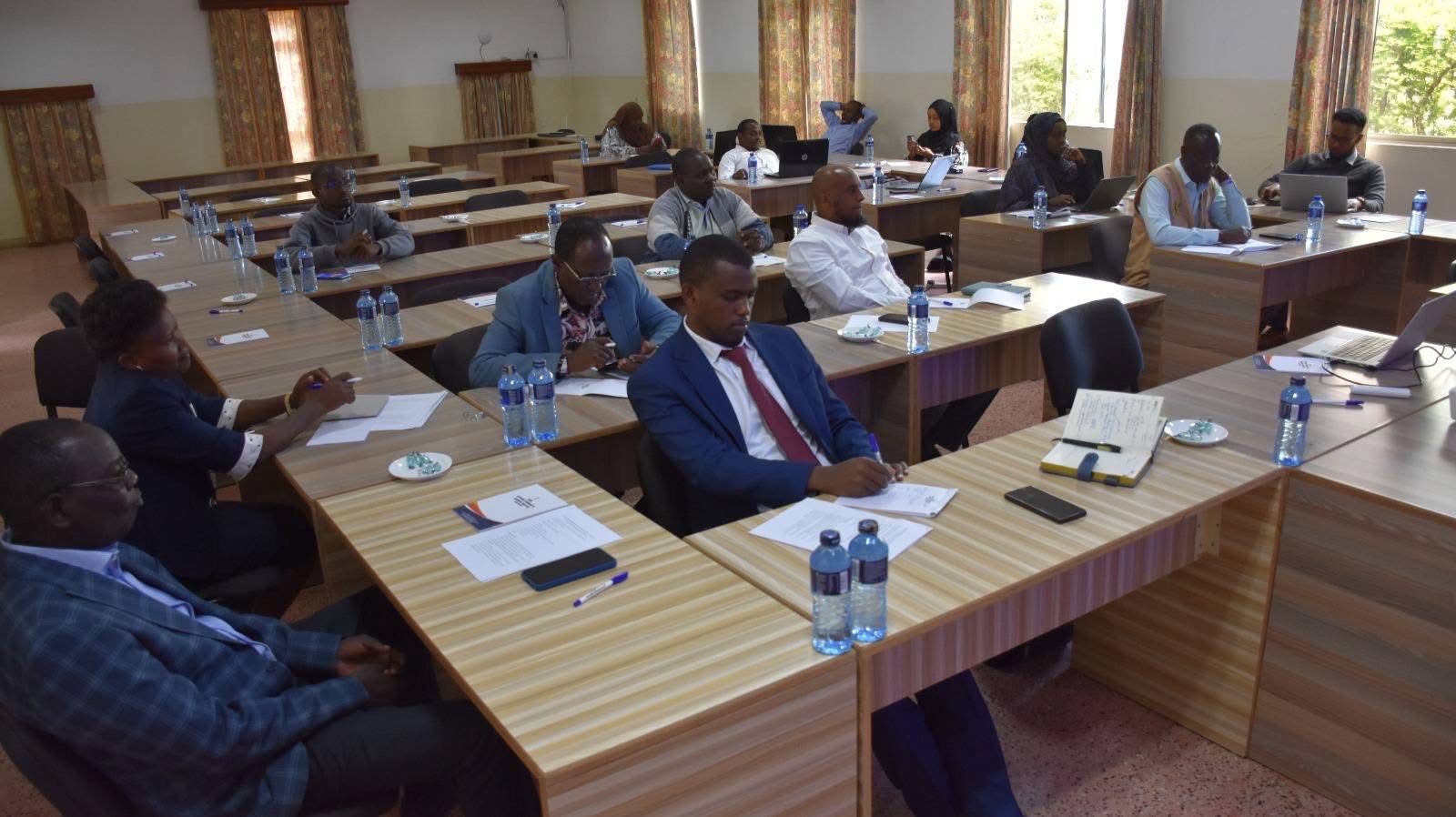Doctors' strike: Governors ask state not to honour CBA

They have also vowed to take legal action against the striking medics for absconding duty.
Governors on Tuesday urged the government not to honour the Collective Bargaining Agreement they signed with doctors, who have been striking since March 15, 2024, in a push for key health sector reforms.
Council of Governors chairperson Anne Waiguru said at a press conference on Tuesday that honouring the agreement will open the floodgates for other civil servants to demand higher pay.
More To Read
- KMPDU, Kiambu County reach agreement ending five-month doctors’ strike
- Marsabit medics accuse county of betrayal as salary crisis deepens
- Kenya Medical Association calls for action as Kiambu doctors’ strike hits 150-day mark
- Court blocks Kiambu County from firing specialist doctors amid recruitment dispute
- KMPDU blames Kiambu County for ongoing doctors’ strike, deaths
- KMPDU blasts CoG, calls for dissolution of Kiambu County government over 131 neonatal deaths
Noting that health is a devolved function, the county bosses asked doctors to stop their industrial action and immediately resume talks with them through their unions.
They also vowed to take legal action against the striking medics for absconding duty, adding they were awaiting a court decision on Wednesday.
The CoG further urged the doctors not to "hide" behind the whole government approach and agree to negotiate in good faith.
"We hope they will come to the table and have their grievances resolved, said Waiguru.
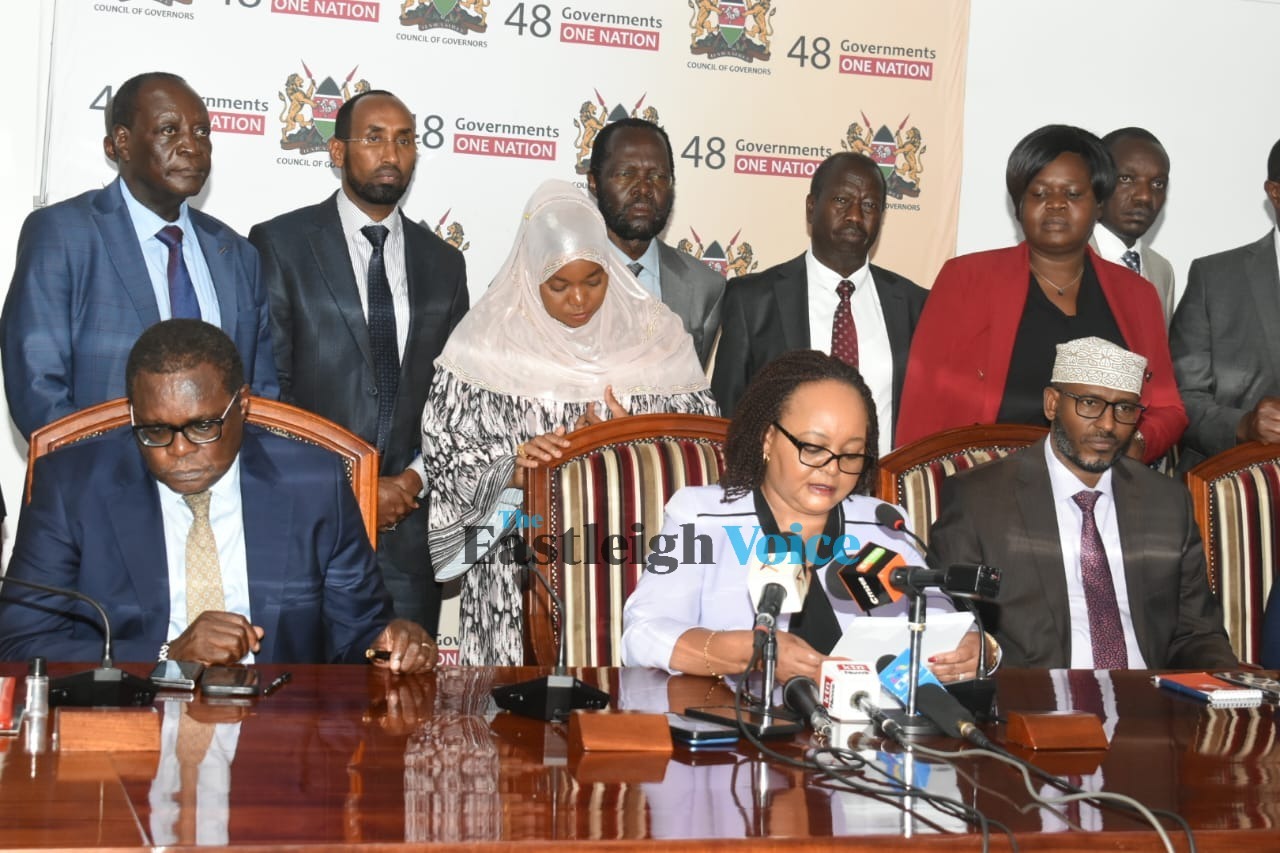 Council of Governors chairperson Anne Waiguru addresses a press conference in Nairobi, on the doctors' strike, on April 16, 2024. (Photo: Barack Oduor)
Council of Governors chairperson Anne Waiguru addresses a press conference in Nairobi, on the doctors' strike, on April 16, 2024. (Photo: Barack Oduor)
The Kenya Medical Practitioners, Pharmacists and Dentists Union (KMPDU), which called the strike, has also threatened legal action against Inspector General of Police Japhet Koome over his directive for police commanders to deal "firmly and decisively" with striking doctors.
It is supported by the Law Society of Kenya (LSK), the Katiba Institute (KI), The Institute for Social Accountability (TISA), the Kenya Human Rights Commission (KHRC), the International Commission of Jurists (ICJ Kenya), the Africa Centre for Open Governance (AFRICOG), Tribeless Youth, and Siasa Place.
The KMPDU is pushing for, among others, higher pay, improved working conditions, internship postings for medical graduates, and the fulfilment of the collective bargaining agreement reached after the 100-day strike of 2017.
As the CoG's press conference took place, the striking doctors stormed its offices in Nairobi, demanding Waiguru's resignation. Anti-riot police were deployed to guard the premises and prevent chaos.
 Anti -riot police guard the offices of the Council of Governors (CoG) at Delta House in Nairobi on April 16, 2024, after striking doctors staged a protest demanding chair Anne Waiguru's resignation. (Photo: Barack Oduor)
Anti -riot police guard the offices of the Council of Governors (CoG) at Delta House in Nairobi on April 16, 2024, after striking doctors staged a protest demanding chair Anne Waiguru's resignation. (Photo: Barack Oduor)
KMPDU Secretary-General Davji Atellah led the protest on Monday. He reiterated that they will not stop the industrial action until their demands are met.
“We are ready to down tools for as long as it takes because protest is the only language this government listens to,” he said.
Before the 2017 CBA was reached, doctors had been on strike for a record 100 days.
In her address, Waguru noted that senior medical doctors in the public sector are paid 103 per cent higher, roughly double the pay of non-health workers in the public service and private sector doctors.
Currently, a senior county medical officer is paid Sh479,000, broken down as follows:
Basic salary: Sh203,000
Emergency call allowance: Sh80,000
House allowance: Sh56,000
Commuter allowance: Sh20,000
Non-practice allowance: Sh60,000
Extraneous allowance: Sh40,000
Risk allowance: Sh20,000
 Striking medical workers address the press outside the offices of the Council of Governors (CoG) at Delta House in Nairobi on April 16, 2024. (Photo: Barack Oduor)
Striking medical workers address the press outside the offices of the Council of Governors (CoG) at Delta House in Nairobi on April 16, 2024. (Photo: Barack Oduor)
The CoG said that as much as it appreciates the whole-of-nation approach directed by the court, whose aim is for a long-lasting solution to the perennial industrial unrest in the health sector, it is not tenable as both the national and county governments are independent.
“As duty bearers, we cannot afford to remain silent as Kenyans continue to suffer illnesses and, in other unfortunate cases, death, due to an unprotected strike and that the doctors have not complied with the court directive. The constitution defines doctors as essential workers; therefore, they are not expected to abandon their stations of duty,” explained Waiguru.
The council added that 890 doctors, pharmacists, and dentists have been released by various counties and are undertaking post-graduate training and that counties have continued to pay their salaries.
According to the governors, this situation deprives counties of a substantial amount of resources, which would otherwise be used to recruit more doctors to handle patients while the rest are undergoing training.
“To this effect, county governments will undertake the costing of doctors on post-graduate studies for purposes of allocation of the resources for recruitment to fill the gaps and offer services during this training period.”
Top Stories Today


